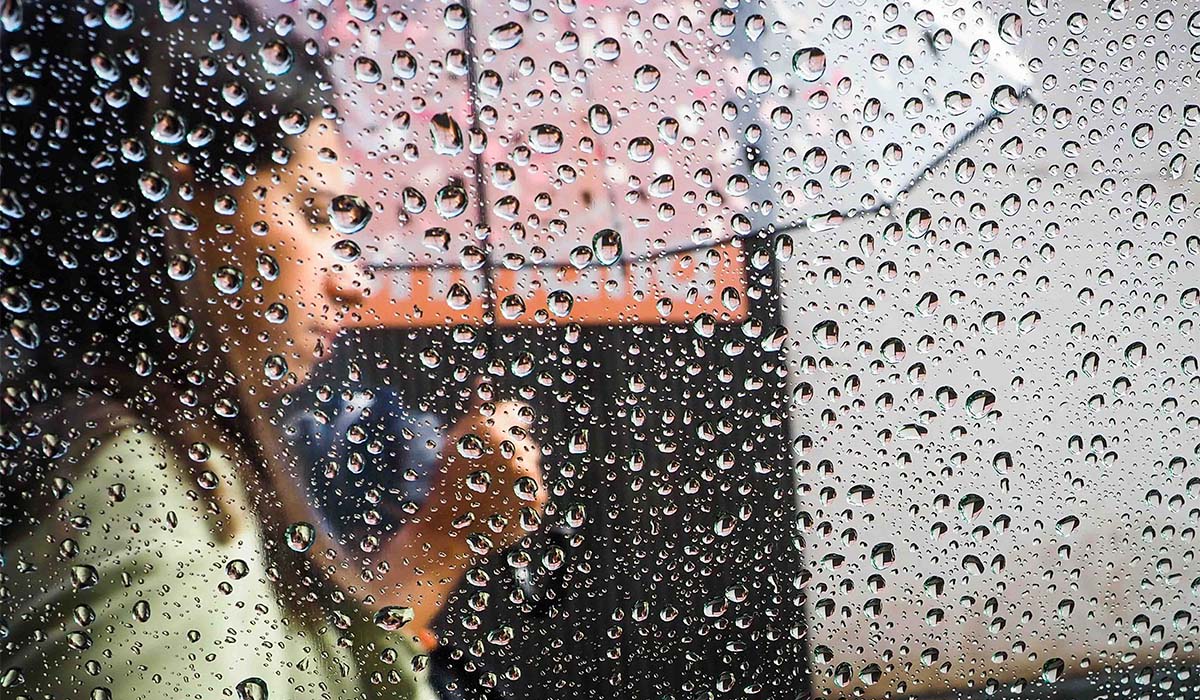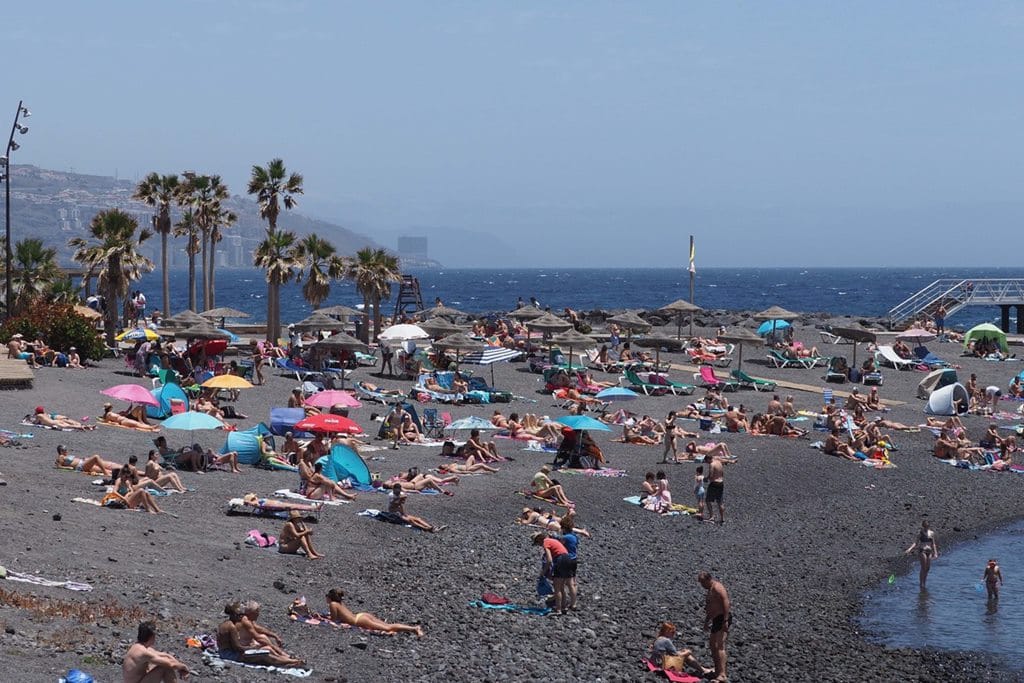The Island Council of Tenerife is making progress in the implementation of the island’s Cybersecurity Tourism Master Plan (PDTC), the first of its kind to be adopted by a Spanish destination and which will strengthen cybersecurity in the tourism sector.
This was stated by Tenerife Tourism Board at a conference to explain the insular sector the ins and outs of the plan and how the business sector can benefit from it in order to face the growing digital threats.
The conference was attended by the CEO of Tenerife Tourism Board, David Pérez; the head of the strategic sector of Tourism and Leisure of the National Institute of Cybersecurity (INCIBE), Marco Antonio Lozano; and the cybersecurity specialist and CEO of Hakron, Igor Lukic.
The hotel sector was represented by the general manager of Spring Hotels Groups, Miguel Villarroya; the CEO of Hotel Urban Anaga, Olga Cabrera; and the director of information security at NH Hoteles, Nuria Lago.
The Plan aims to create a tourism and technological ecosystem that encourages companies to provide technical and legal security to visitors in the digital world. To this end, it contemplates the continuous evaluation of companies in order to identify the vulnerabilities of their services and applications.
The main objective of today’s event was to make companies aware of the importance of participating in the plan and to warn of the digital threats to which the sector is exposed, using different real cases as examples.
CYBERSECURITY TECHNICAL OFFICE IN TENERIFE
In total, the Plan includes 17 actions, which will be developed over four years. In addition, a Technical Office for Tourism Cybersecurity will be created, which will be the governing body for island cybersecurity in the tourism sector and will be managed by Tenerife Tourism Board.
The initial phase of the Plan includes the creation of a technical and advisory committee to deal with reputational crises in the destination due to cybersecurity incidents; the development of an advisory programme for SMEs with the Chamber of Commerce; and the promotion of ICT skills programmes to improve employment linked to cybersecurity, together with the University of La Laguna and vocational training centres;
The second year will see the creation and development of cybersecurity training and technical awareness plans, the creation of a digital maturity monitoring system, and the promotion of the island as a cybersecurity destination.
In the third, market studies and advice on technological equipment will be carried out and the Tenerife Smart Destination projects will be promoted. Finally, in the fourth year, the aim is to achieve total standardisation of the development of each of the lines implemented, consolidating the development and continuity of all the lines of action.
These measures will be aimed at the 670 hotels, flats, and rural hotels and houses that exist in Tenerife.






